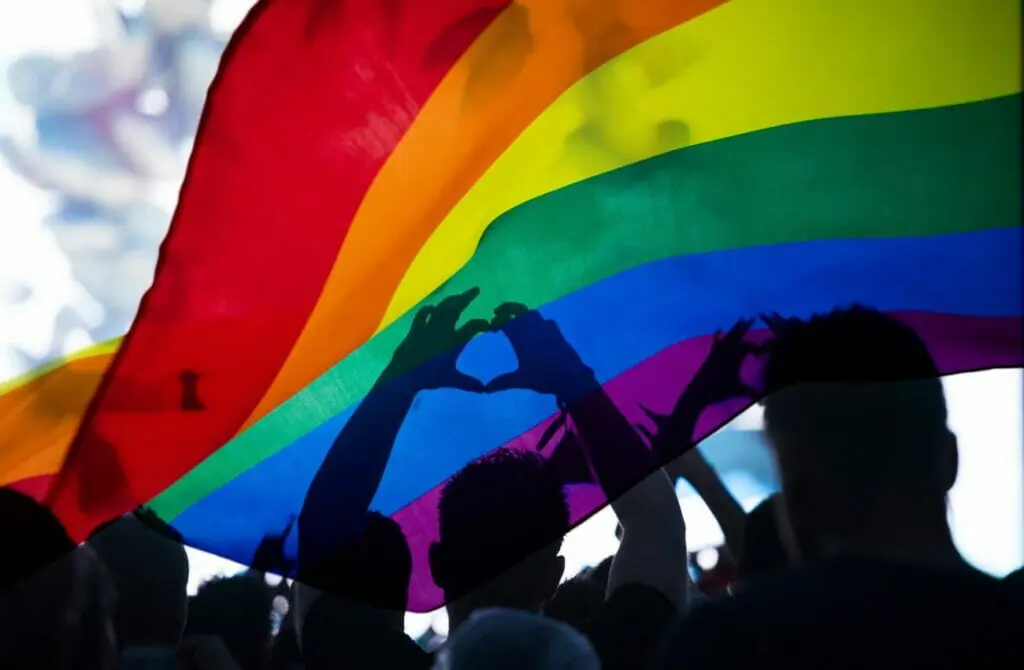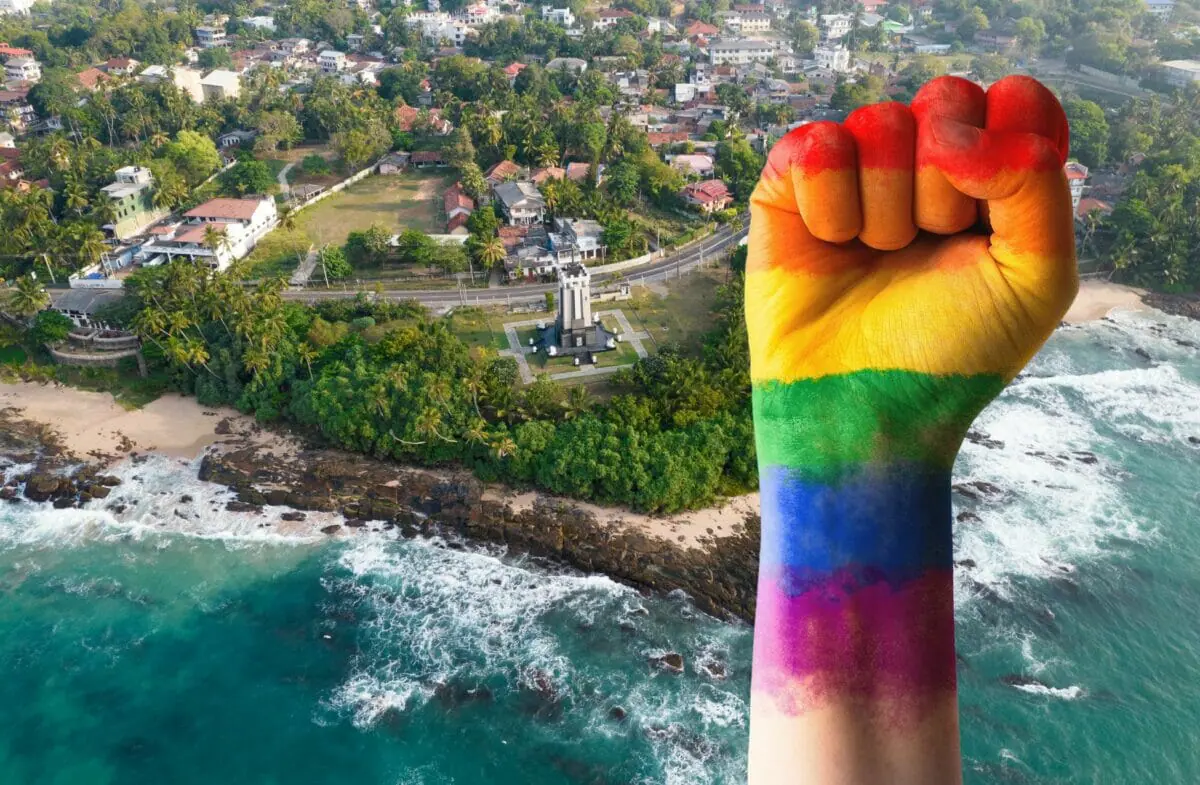LGBT rights in Sri Lanka have been a topic of concern and discussion through the years. While the nation’s constitution does protect the fundamental right to equality (Article 12), it is worth noting that homosexuality remains illegal, with imprisonment as a possible punishment.
The UN Committee on the Elimination of Discrimination against Women (CEDAW) has found cases where Sri Lankan LGBT individuals were subjected to discrimination, threats, and abuses due to the country’s penal code criminalizing same-sex sexual activity.
For tourists visiting Sri Lanka, it is important to be aware of the existing legal framework and the potential risks that it poses to the local LGBT community. While there may be differences in legal consequences and levels of societal acceptance for visitors versus local individuals, it is crucial to exercise caution and remain vigilant during your visit.
As mentioned earlier, the situation in any country can change rapidly, and the information may become out of date quickly. Therefore, it is important to seek current advice and guidance before traveling to ensure safety and a positive experience.
To protect oneself, it is advisable to avoid public displays of affection and steer clear of discussions or debates about the subject in public spaces. Connecting with local LGBT organizations or support groups can provide helpful insight into the current environment and offer a safe space during your stay.
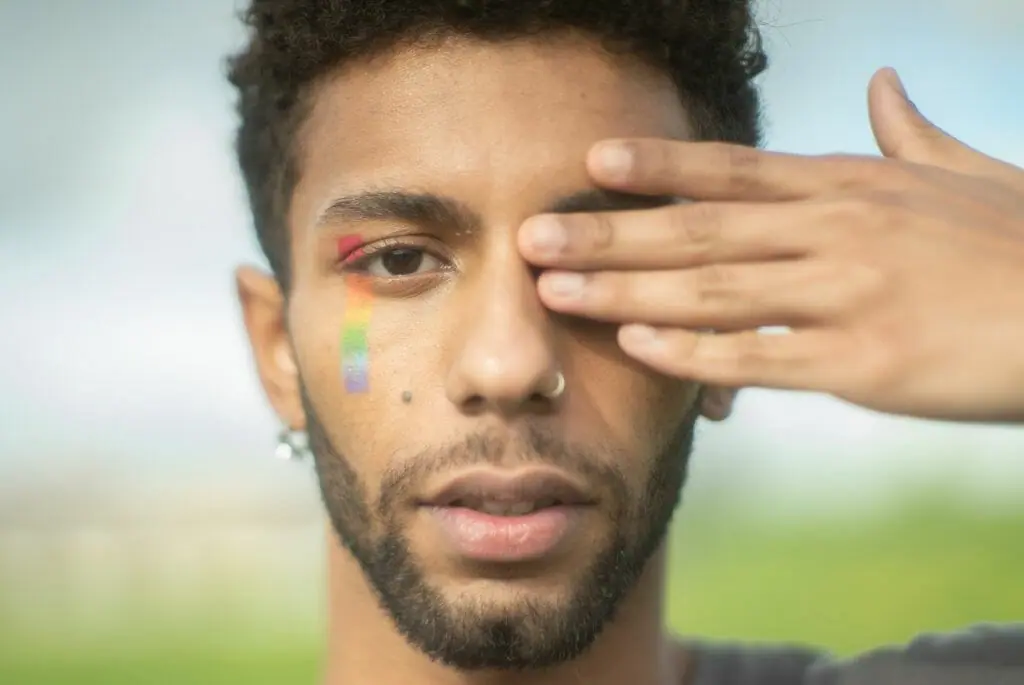

History of LGBT Rights In Sri Lanka
Sri Lanka’s legal framework mainly derives from its colonial history, predominantly based on British law and some earlier Roman-Dutch law. This European-Christian construct plays a significant role in shaping the current laws concerning the LGBT community in Sri Lanka. Historically, homosexuality has been present in Sri Lankan literature and artwork for thousands of years. However, Sri Lanka’s Penal Code, which mainly comprises colonial-era law, criminalizes same-sex sexual activity.
Local people in Sri Lanka face discrimination, threats, and abuse due to the country’s laws against the LGBT community. This discrimination can also apply to tourists visiting the country. The United Nations Committee on the Elimination of Discrimination Against Women (CEDAW) has recognized the rights violations faced by LGBT individuals in Sri Lanka.
Safety measures: While traveling in Sri Lanka, it is essential to remain vigilant and informed about the local laws and customs. Tourists should respect the local culture and avoid public displays of affection that may go against Sri Lankan norms. Additionally, it is recommended to connect with local or international LGBT support groups to access up-to-date information and resources while in the country.
Sri Lanka has expressed commitment to reform its Penal Code and guarantee non-discrimination rights to all people, including those based on sexual orientation and gender identity. This commitment came during the Universal Periodic Review in November 2017. However, concrete steps towards reform are still needed.
It is crucial to note that situations can change quickly, and information about LGBT rights in Sri Lanka may become outdated. Therefore, it is essential to seek current advice and remain aware of the local context before and during travel in Sri Lanka.
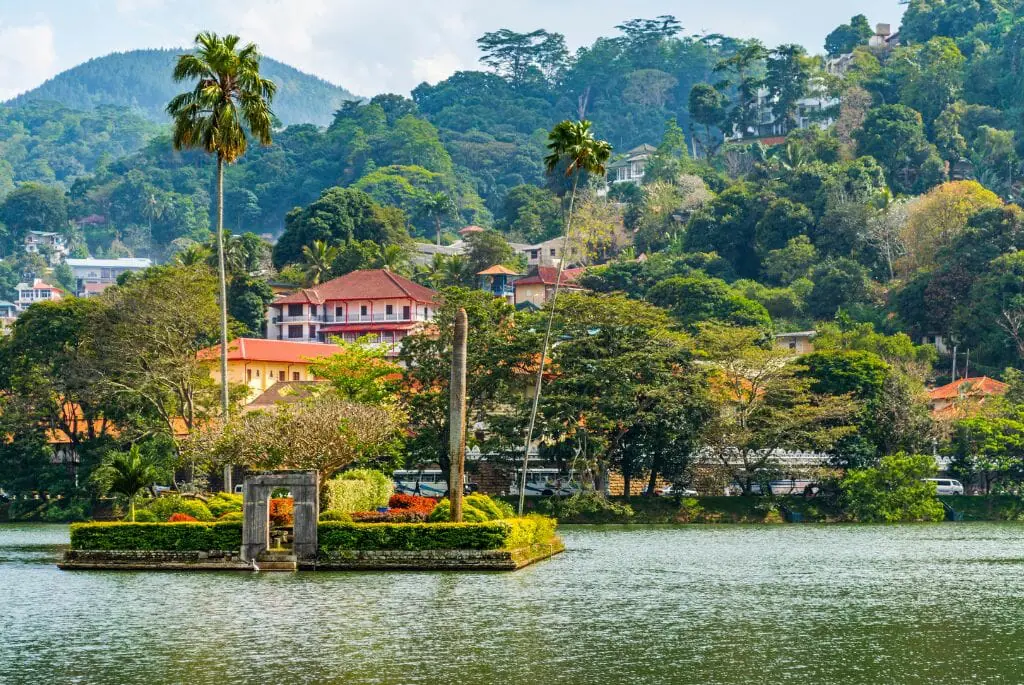

The LGBT Current Situation In Sri Lanka
LGBT rights in Sri Lanka continue to be a challenging issue. Although the Sri Lankan Constitution protects the Fundamental Right to Equality in Article 12, the country’s Penal Code criminalizes same-sex sexual activity.
This has led to instances of discrimination, threats, and abuses faced by the local LGBT community. The United Nations Committee on the Elimination of Discrimination against Women (CEDAW) has found that these laws breach the rights of individuals and negatively impact their access to healthcare and housing.
For tourists, the situation may be somewhat different, as they are less likely to face legal repercussions for their sexual orientation or gender identity. However, it is still essential for LGBT tourists to be aware of Sri Lanka’s laws and cultural context and exercise caution when engaging in same-sex relationships or expressing their gender identity.
To protect yourself, maintain a low profile when it comes to discussing or displaying your sexual orientation or gender identity. Avoid engaging in public displays of affection, especially in more conservative areas or among unfamiliar companies. Stay informed about local customs and attitudes, as the situation may vary across different regions or communities within Sri Lanka.
Keep in mind that the situation regarding LGBT rights in Sri Lanka might change rapidly. Ensure that you seek the most current advice and information before traveling. While most people are respectful and understanding, there may be individuals with malicious intent—remain vigilant and prioritize your safety.
Remember that the information provided here is a general overview and might be outdated or insufficient in the future. Always stay up-to-date and exercise caution in every situation.
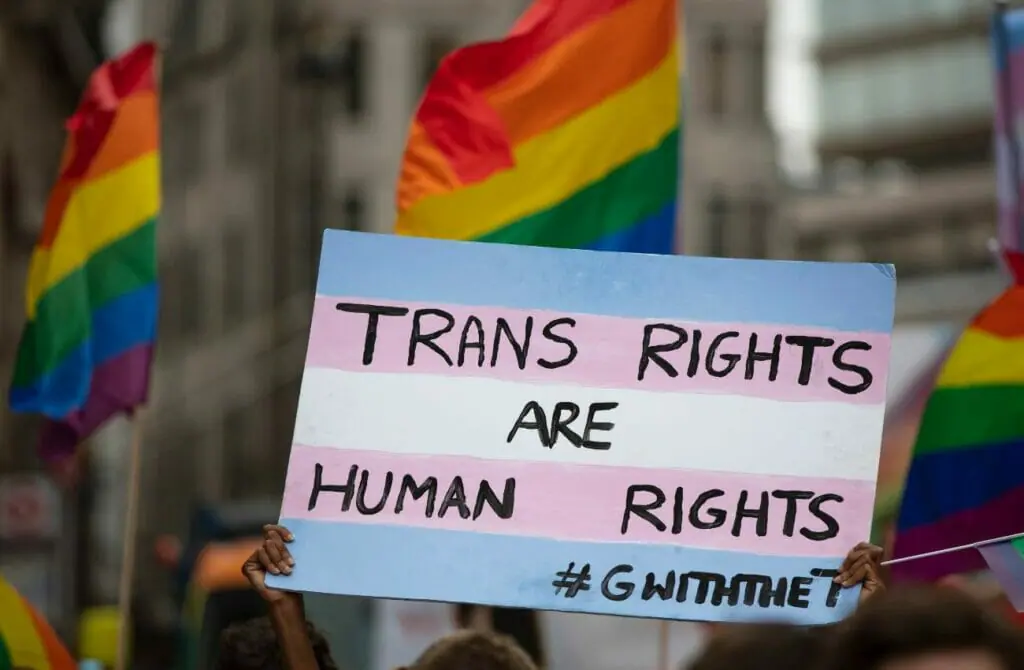

The Future For The Queer Community In Sri Lanka
Sri Lanka has witnessed some progress in terms of LGBT rights, with a private members’ bill submitted to parliament in August 2022 receiving support from the ruling government and likely to be passed by parliament in 2023. Transgender individuals can legally change their gender following medical approval without requiring surgical intervention.
The situation for local LGBT individuals and tourists may differ; while locals can continue to advocate for their rights and seek protection from the government, tourists visiting the country should remain vigilant and aware of the prevailing laws to avoid any risks. It’s essential to understand that there may be bad actors within every country and to exercise caution at all times.
Steps that could be taken to protect oneself may include researching the local attitudes, culture, and laws around the LGBT community in Sri Lanka. This can help curb potential issues and raise awareness if any legal challenges arise while traveling. It’s also advisable to stay connected with local LGBT organizations that can offer support and guidance.
As a reminder, situations and regulations can change rapidly, and it’s crucial to seek current advice and information before traveling. Keep in mind that the information provided may become outdated quickly, and it’s essential to stay informed to ensure a safe and enjoyable trip.
In conclusion, staying knowledgeable about Sri Lanka’s laws and local attitudes towards the LGBT community while remaining cautious of potential risks can help ensure a safer and more enjoyable experience for tourists.
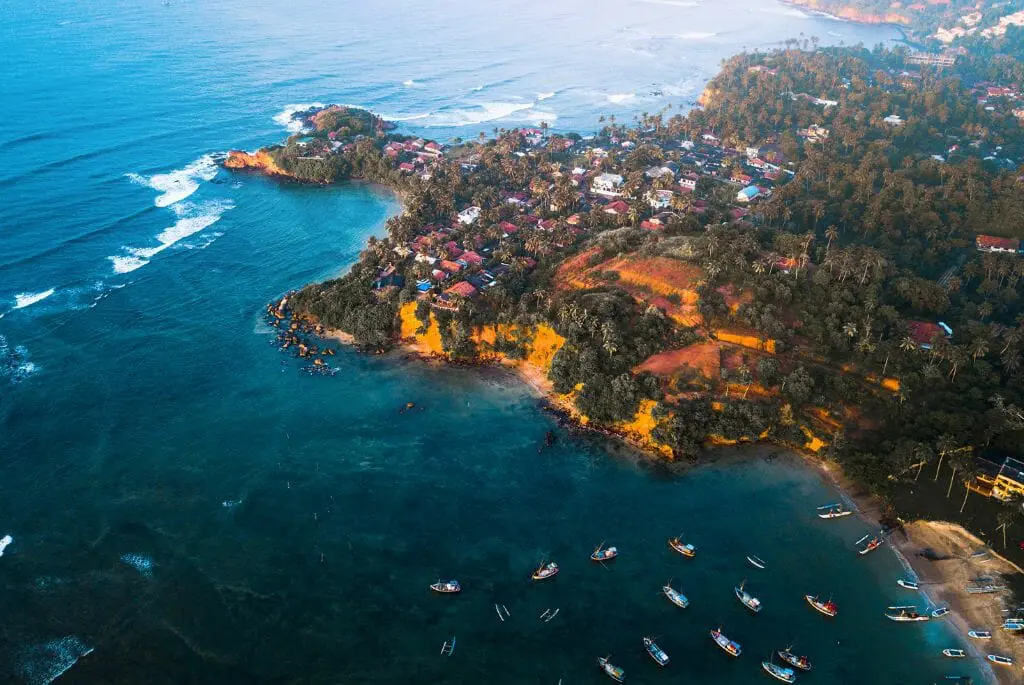
Protect Yourself While Travelling In Gay Sri Lanka
LGBT rights in Sri Lanka are still evolving, and it is essential for both locals and tourists to understand the current legal landscape to protect themselves better. Sri Lanka has shown progress, such as announcing plans to decriminalize homosexuality and protect LGBTQ citizens. However, discrimination and challenges remain for the LGBTIQ community.
As a tourist or an expatriate, it is vital to exercise caution and remain vigilant. Although Sri Lanka’s tourism sector is generally welcoming, individual prejudices might still exist among local residents or fellow travelers. To better protect yourself, consider taking the following steps:
- Stay informed about the local legal context and any recent developments. Be aware that the situation can change quickly, and information might be outdated, so seek current advice before traveling or making any decisions.
- Be discreet about your sexual orientation and relationships so as not to arouse potential negative attention from individuals who may harbor discriminatory attitudes.
- Research safe and welcoming establishments, such as hotels, restaurants, and nightlife venues that are known to cater to or support the LGBTIQ community.
- Use social media and LGBTIQ-friendly networks to connect with like-minded individuals and access local support.
For locals, it is essential to know your rights and the resources available to you, such as legal aid, advocacy groups, and support networks. Stay up-to-date with the latest information on legislation and initiatives that might impact LGBTIQ rights in Sri Lanka.
Bear in mind that situations can change rapidly, and there are always bad actors in every country. Thus, remain alert and use the available resources to help ensure your safety and well-being.
